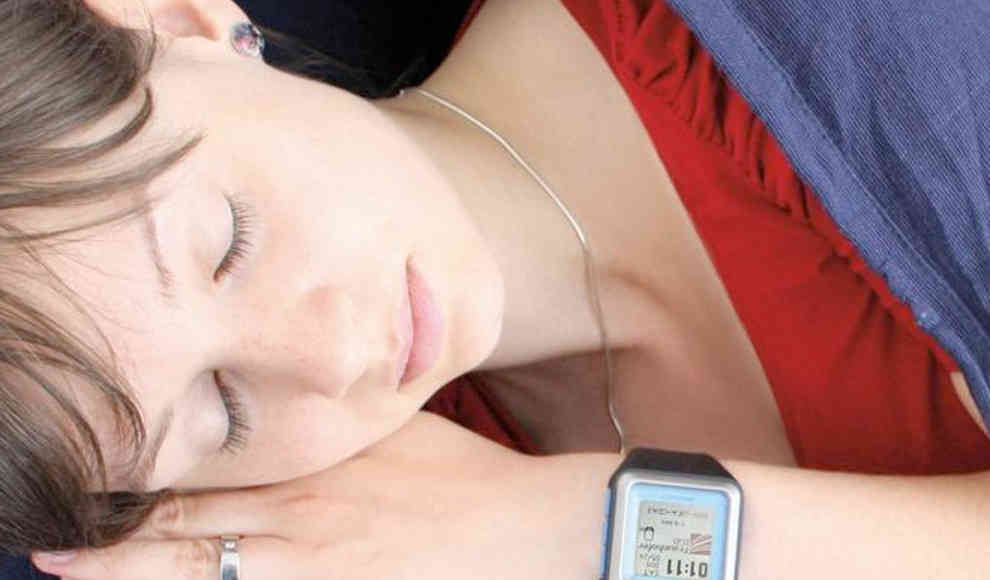Sleep research has always been expensive and time-consuming, but a new smartwatch app for sleep analysis could change that. This is great news for people suffering from sleep disorders, as well as diabetics and epileptics. Researchers at the Fraunhofer Institute for Computer Graphics Research (IGD) in Darmstadt have developed a smartwatch app that simplifies and reduces the cost of the sleep analysis process. The team of scientists, led by Gerald Bieber, published the results of their development in a press release from the institute.
Traditionally, sleep analysis has been done using expensive specialized watches that are not readily available. Patients participating in studies are given a watch specifically designed for this purpose, and the data is evaluated by a doctor. However, the smartwatch app developed by the IGD researchers simplifies the process and makes it more affordable. Smartwatches are not just great entertainment devices, but they can also be used for various applications, such as sleep research.
Studies have shown that sleep disorders are a major cause of burnout. Stress plays a minor role, as even with minimal stress, the body cannot recover adequately from insufficient or poor sleep. The patient uses the app to keep a “sleep diary,” which is automatically sent to the sleep lab and evaluated by the treating physician, without the need for expensive equipment. Sleep analysis is not only an important method for sleep disorders and burnout, but it can also help diabetics and epileptics and even save lives in extreme cases.
The algorithm developed by the IGD researchers detects movements and compares them with known sleep and wake patterns. It registers micro-movements triggered by breathing or pulse rate, as well as macro-movements such as leg twitching. In the future, the app will also be able to detect unconsciousness and epileptic seizures during sleep, so that emergency services can be informed in time. Smartwatches will serve as “early warning systems” for type 1 diabetics, who may experience hypoglycemia during sleep, leading to unconsciousness and, in the worst case, a diabetic coma. To avoid these tragic cases, smartwatches will be used as a preventive measure. Currently, test data from patients is being collected to aid in the development of the algorithm.









